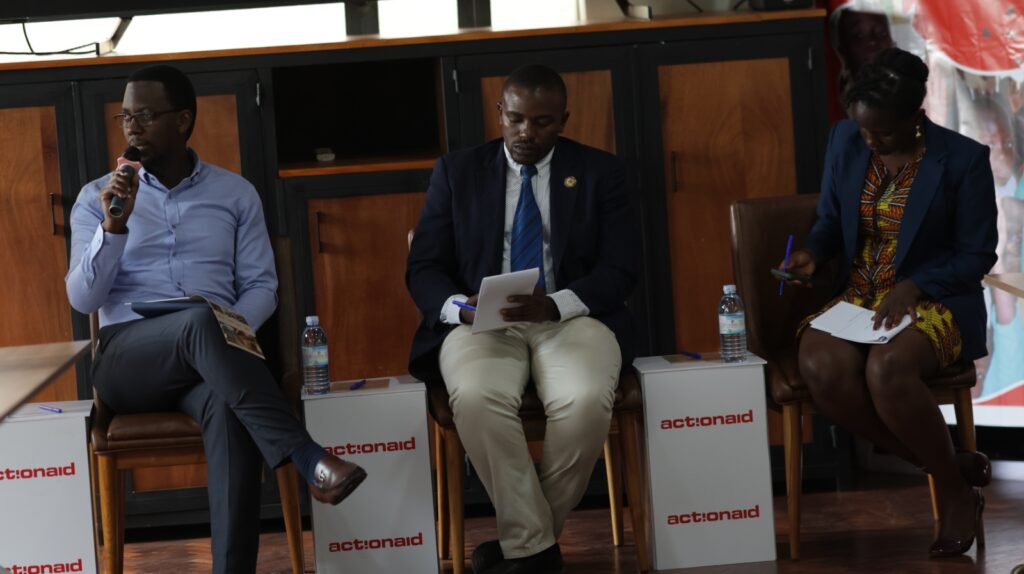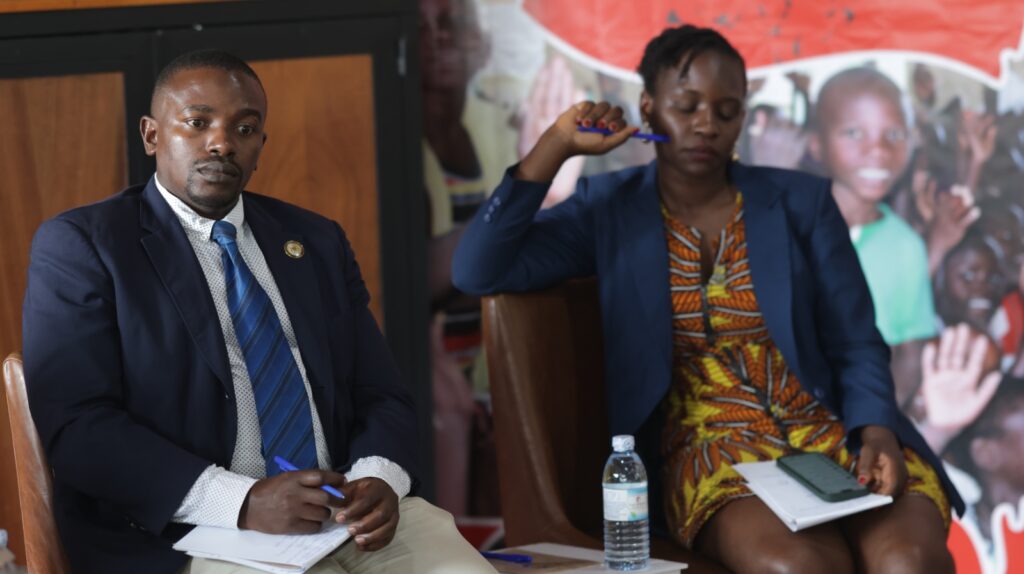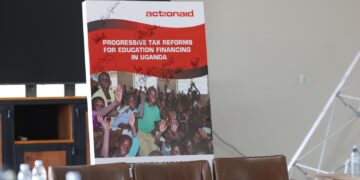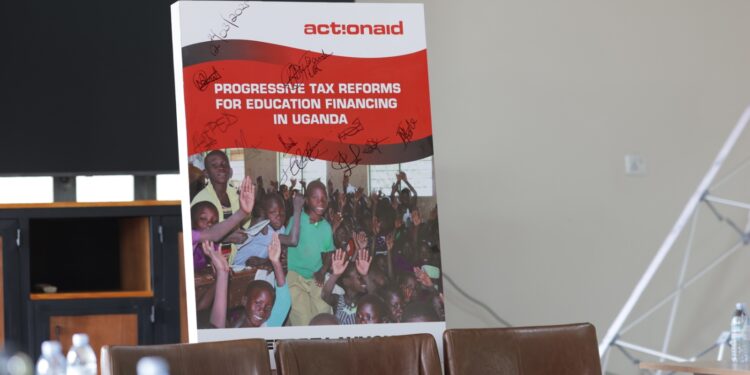A new report by ActionAid International Uganda (AAIU) has called for urgent progressive tax reforms to address Uganda’s educational funding crisis.
The report, titled “Progressive Tax Reforms for Education Financing in Uganda,” outlines a growing gap in the country’s education system funding and argues that progressive tax reforms are vital to ensure adequate financing for the sector.
Despite being a cornerstone of development, Uganda’s education sector continues to grapple with significant challenges, including inadequate infrastructure, overcrowded classrooms, and poor learning outcomes.
The report highlights that public expenditure on education has averaged only 2.04% of Uganda’s GDP over the past decade, far below the UNESCO-recommended range of 4 to 6%. These funding constraints, combined with a rapidly growing population and fluctuating donor support, have left the education system underfunded and overstretched.
“We need to implement reforms that ensure those who can pay more do so,” said Samuel Ntale, a senior policy analyst at ActionAid and the lead coordinator of the report, during the release of the report on Wednesday at Fairway Hotel in Kampala.
According to ActionAid, the current tax system is a major barrier to increasing funding for education. The report identifies that Uganda’s tax system is heavily reliant on regressive taxes such as VAT and excise duties, which disproportionately burden low-income earners. This means that while poorer citizens pay a larger share of their income in taxes, wealthier individuals and corporations contribute less than their fair share.

“Progressive taxes can ensure that the wealthiest individuals and corporations contribute a fairer share, thus providing the much-needed revenue for our education system,” noted Ntale.
While there has been a slight reduction in the reliance on indirect taxes, the report stresses the need for stronger progressive forms of revenue generation to address the country’s educational funding needs.
Progressive taxes would ensure that wealthier individuals and corporations contribute more, thereby generating additional revenue for education and reducing the country’s income inequality.
“The future of Uganda’s education system depends on the implementation of fair and progressive tax policies that prioritise the needs of the country’s most vulnerable citizens,” stated Ntale.
One of the major recommendations in the report is for the Ugandan government to strengthen its enforcement of tax compliance, targeting high-income earners and corporations that engage in tax evasion and avoidance.
ActionAid also recommends regular reviews of progressive tax policies to ensure they are effectively addressing the education sector’s needs and reducing income inequality.
The report provides a detailed analysis of Uganda’s tax system, comparing it with other East African countries. It also examines Uganda’s educational allocations relative to neighbouring countries and stresses that the current approach is insufficient to meet the growing demands of the education sector.
The report also includes a call to expand funding for pre-primary, primary, and secondary education to ensure that resources are better distributed, especially in underserved areas.
Julius Akiiki, an economist at the Ministry of Finance, acknowledged that Uganda is facing serious challenges with its tax system, particularly in the informal sector.

He pointed out that only about 3 million Ugandans are registered for taxation, which is a small fraction of the population. He emphasised that the government has made strides in formalizing the tax system but noted that much more work remains to be done.
“We are seeing a decline in the informal sector, which has historically been difficult to tax. With the implementation of reforms, we are creating more industries locally, which will reduce imports and generate more jobs,” said Akiiki.
He added, “These reforms will help reduce the informal economy and move more people into formal employment, ultimately leading to a more sustainable tax base.”
ActionAid hopes the report will serve as a tool for advocacy, encouraging policymakers to adopt tax reforms that will not only improve education funding but also promote social equity and economic resilience. The organization emphasises the importance of fair tax policies in achieving long-term improvements in education and overall development.
The call for progressive tax reforms comes at a critical time when Uganda is grappling with a large and growing population, widespread poverty, and a struggling education system. If implemented, the reforms could significantly enhance the quality of education, reduce inequality, and lay the foundation for a more prosperous and equitable future for the country’s children.










